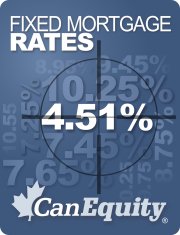A RESP is a prime method for Canadian parents or guardians to put away education savings dollars for their children or beneficiaries and watch them grow tax-free.
Determine the Best Savings Method for your Children’s Education Savings
The Registered Education Savings Plan (RESP) is a prime method for Canadian parents or guardians to put away education savings dollars for their children or beneficiaries and watch them grow tax-free.
RESPs involve a promoter and a subscriber. A subscriber can be a parent or common-law partner, an ex-spouse or former common-law partner, or a primary caregiver. The subscriber names a beneficiary, namely the child or children to whom the education savings will in time be paid. Contributions made to the RESP cannot be deducted from income tax, but within the RESP they may grow tax-free, and be paid out to the beneficiary tax-free as well. If RESP savings are not paid out to the beneficiary by the date of contract maturity, the promoter (though which the RESP is held) will return the RESP contributions to the subscriber, and no tax will be paid on the sum at this time.
Continue reading “The RESP Savings Calculator”






